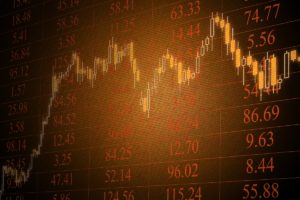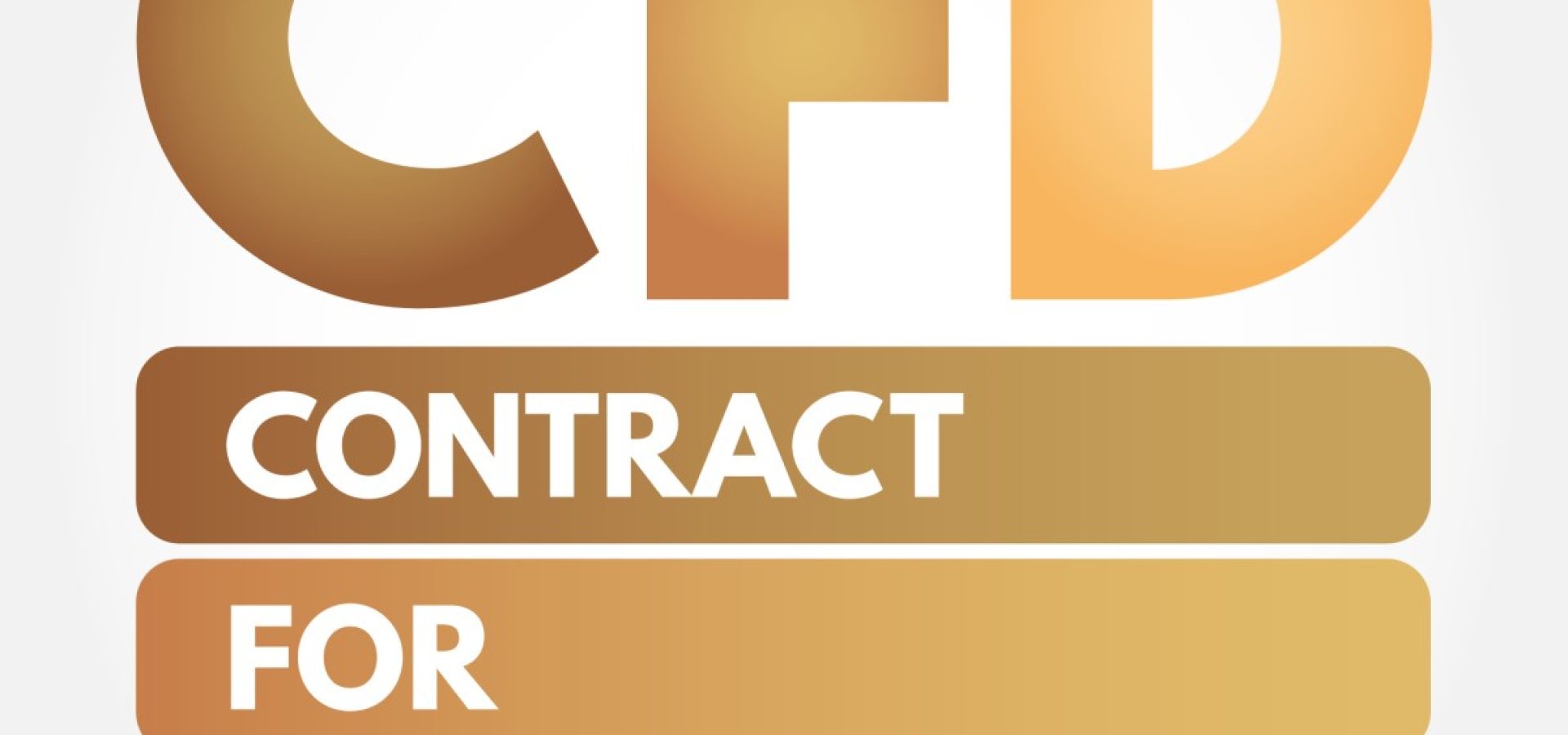Futures, options, and CFD contracts are the primary derivatives available to investors for trading. If you want to begin trading in derivatives it is best to know the advantages and disadvantages of all of them. In this article, we shall compare and contrast how CFD contracts size up to the more regulated futures and options contracts.
Future Contracts
These types of contracts have their origins within the commodity industry. They are a promise to sell an asset to the other party at a future date with the price set at the time the contract is signed. While these types of contracts initially appeared for selling commodities, they were eventually used for any sort of financial instrument (stocks, bonds, etc.). They primarily remain a commodity contract, though. These days investors arrange most of these contracts through brokers.

If an investor wants to trade in futures, there are a number of styles they can use to accomplish this goal. They could, first of all, use day trading. This is a method that involves establishing the expiration of a contract within the same day and takes advantage of fast price movements. Traders using this strategy will likely involve themselves in multiple contracts a day to ensure large profits. This is a very intense style to trade in, for which you must be sure of what you are doing and trying to accomplish.
Spread trading is another option. The aim of this strategy is to gain profits from the spread of a trade, i.e., the change in the price of an asset at the start and end of a trade. Day trading is still the most popular way to engage in futures trading. However, we do not recommend day trading to amateurs.
Comparison to CFDs
CFDs contrast with Future contracts significantly. They have no set expiry date and no set price. They allow you to finish your contract when you desire, and the price is set on the asset price of the time of the sale.
In the past, future trades would have taken place through an exchange. With the arrival of the internet, investors arrange most of these contracts through brokers, much like CFDs are. However, future contracts are more are more regulated, and brokers are able to adapt them less. The popularity of CFDs, however, means that they are less susceptible to brokers manipulation as there is so much competition for these contracts.
The spreads on futures tend to be far less costly, so trading with them on a large scale is very viable. It is best that each contract is not as large, as they can be somewhat risky trades. Meaning we recommend not putting all your eggs in one basket and thus investing in many smaller trades. This is why large institutions, like investment banks, are quite likely to take this strategy.

CFDs can take advantage of price changes in many different assets: stocks, currencies, and commodities. While futures can be used in these markets, they are still mostly restricted to commodities, where they can be most advantageous.
CFDs offer more flexibility in terms of leverage. Since futures are more standardised, brokers are not able to make adjustments to these contracts. So, a CFD could potentially offer much larger leverage than futures, which tend to offer 5% to 10% margins. This means that CFDs can allow traders to make investments with far smaller funds.
The most obvious benefit for CFDs is that the investor does not own any actual asset during the whole trade. They are essentially making a bet on the value change of an asset.
You need only open one account to use CFDs, which is relatively simple to do. This is because it is a contract that is less tightly regulated and deals with smaller figures.
To put it briefly, CFDs are contracts with fewer regulations and are easier for an independent trader to exploit. Future contracts are more often used by larger entities to make larger investments. For making maximum profits in both contracts, we, of course, advise investors to already have considerable knowledge in trading.
Option Contracts
Investors are most likely to use these contracts in the stock market. They give traders a choice on how they want to act when their expiry date arrives. So, traders are most likely to use them when they have time to consider their choices. To be explicit, once the contract expires, traders can decide if they want to go through with their trade or not. Not going through with the trade, however, will result in a sizable charge.
The contract can either have a put or call option. A call option means the traders are planning to buy the asset at the end of the contract. These are best used when the price of an asset is low.

A put option is the complete opposite. The investor desires to sell the stock when the contract ends. They will do so if the value of the asset is relatively high.
Comparison to CFDs
Once again, the most glaring difference here is the fact that traders do not need to own any underlying assets for their transactions. You can make sure that the volatility of the market does not affect your trade too much.
Transactions can again be based on a much wider range of assets, so it gives traders a greater number of possible strategies. CFDs do not have set expiry dates, unlike the options contracts. If a trader does not go through with a trade at the end of an options contract, they have not lost any means of recourse.
CFDs are again more likely to involve brokers if attempting to adjust the details of your contract. However, options contracts may be more flexible overall. This is because when using a CFD, you will eventually have to sell or buy. You cannot change your position (long or short) when things get tough. If the value of an asset does not go the way you expected, your only option is to wait longer. You may even have to pay your broker extra premiums if this does happen. The spread for CFDs is usually higher than in option contracts.
CFDs are overall lower-risk investments than options contracts, which allow for more control. The amount of choices options contracts offer can be overwhelming, though. If things do not go a trader’s way for a CFD trade, the consequences can be more severe.
Conclusions
In conclusion, if you are looking for a less risky investment and are somewhat familiar with how the market works, we recommend CFDs. Options and futures tend to be higher risk but are more under regulation as a result. If you have only just begun, it is best not to involve yourself with contracts at all, and deal with the assets directly to get a feel of the market. Overall, any sort of derivative can be very complex to deal with, so you should deal with them carefully.









COMMENTS